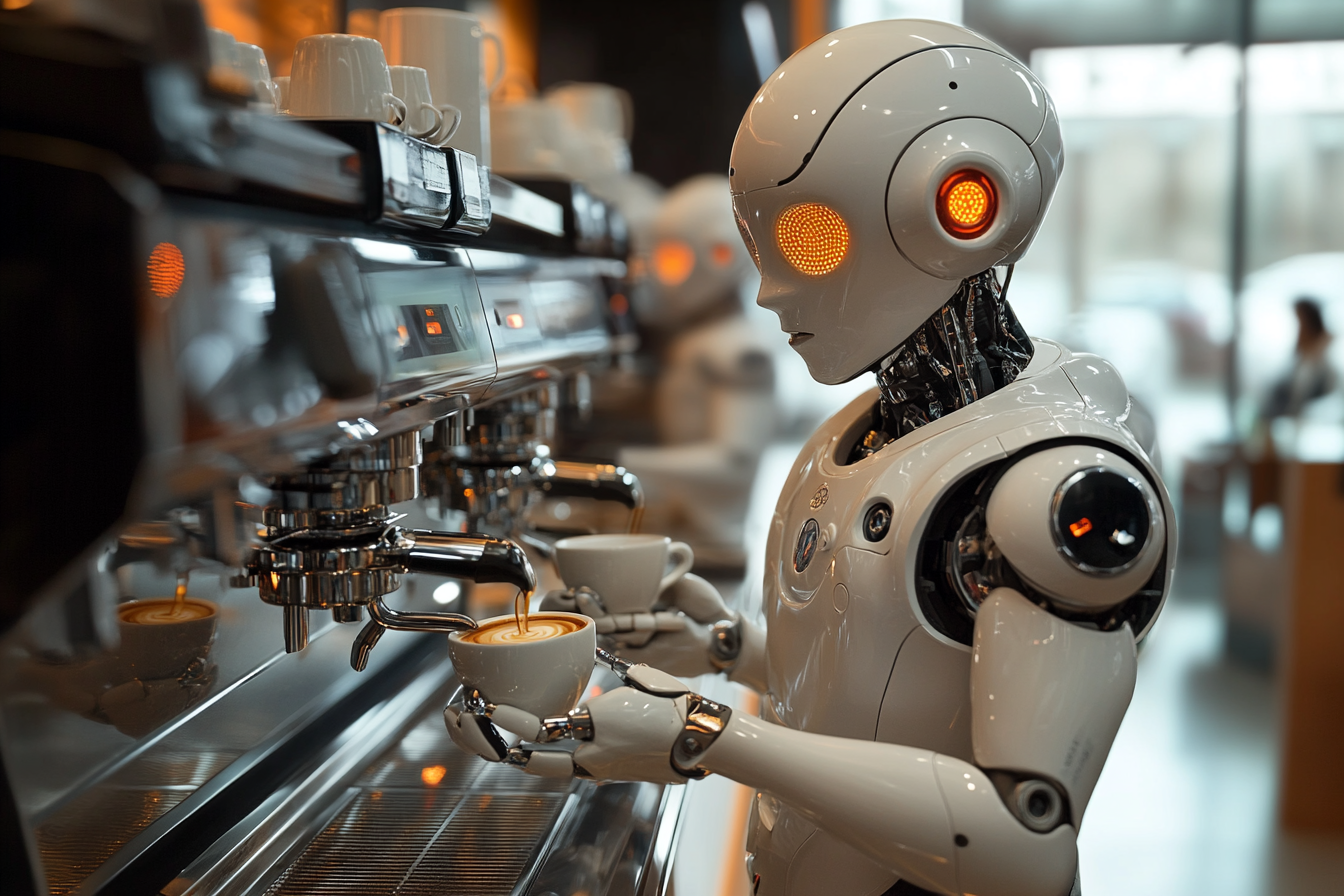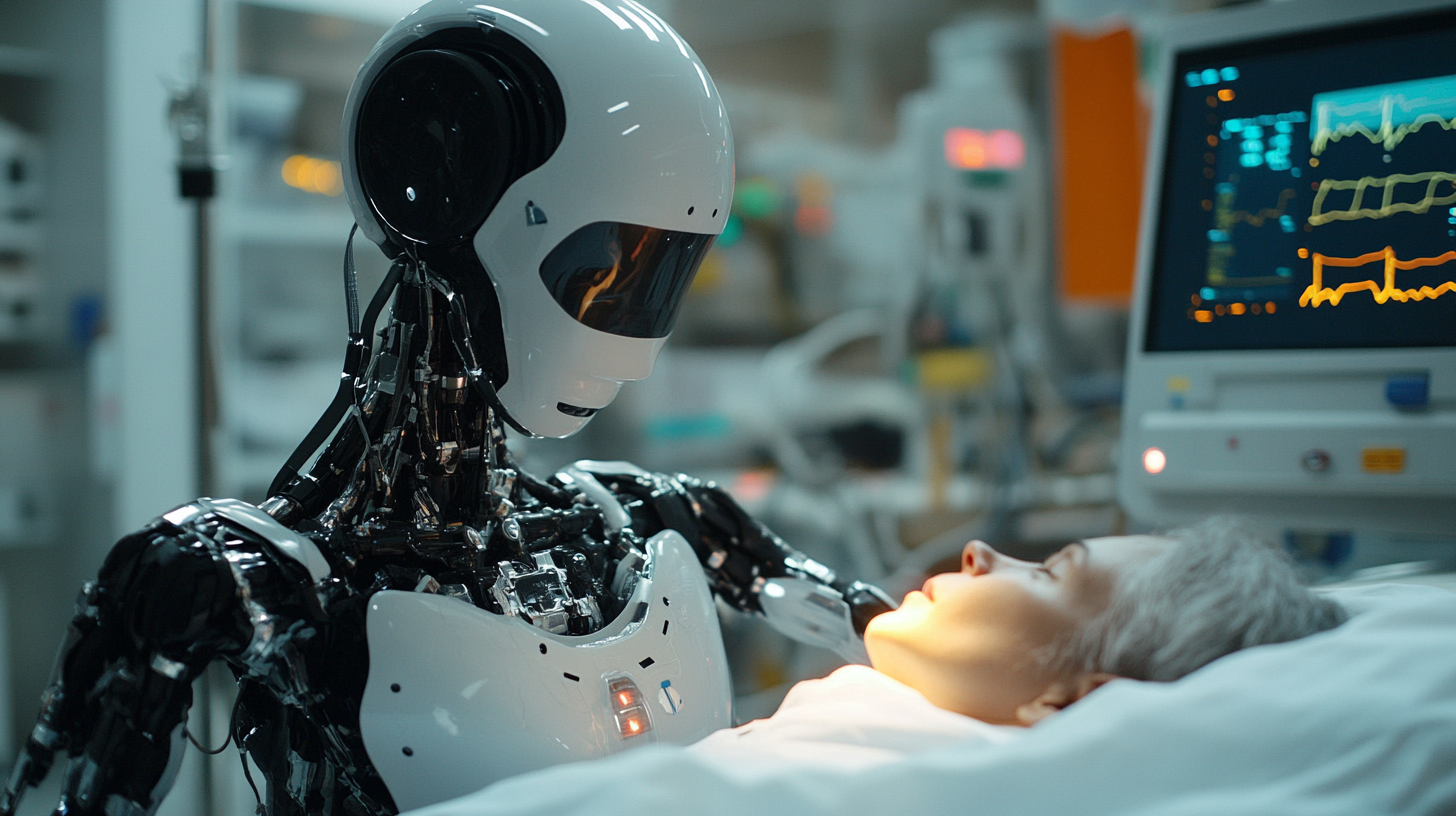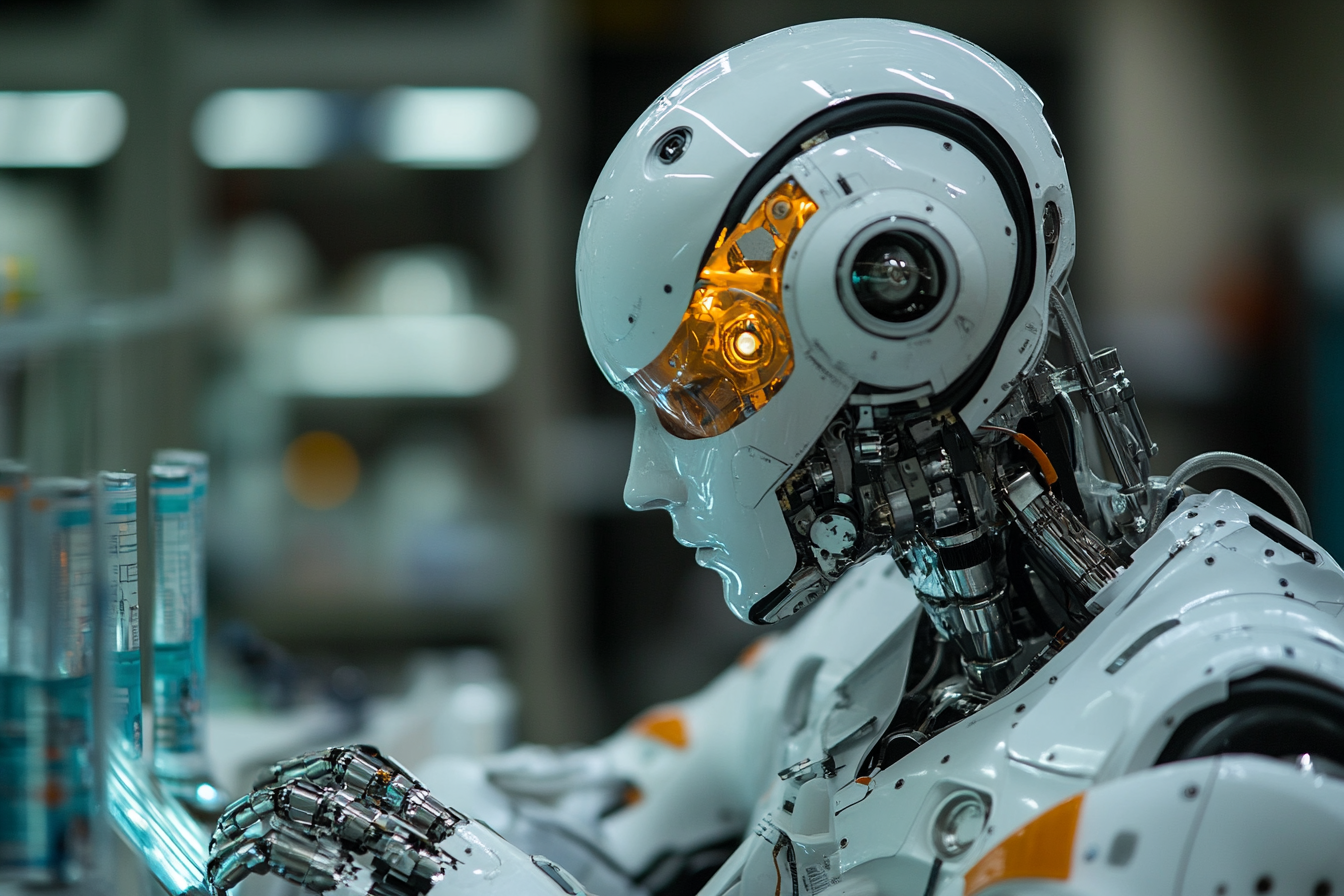AI Weekly Roundup: January 11th – 18th, 2025
The AI world is a dynamic landscape of constant evolution, and this week was no exception. From exciting new features in conversational AI to critical policy updates and thought-provoking discussions about AI’s role in art, healthcare, and beyond, the past seven days have been a whirlwind of activity. Let’s delve into the key developments that shaped this week in AI.
Listen to Podcast
OpenAI’s ChatGPT Embraces the Role of Virtual Assistant with “Tasks”
OpenAI, the company behind the ubiquitous ChatGPT, unveiled a beta version of “Tasks” this week, signaling a significant step towards transforming the chatbot into a full-fledged virtual assistant. This new feature, currently available to Plus, Pro, and Teams users, allows users to schedule tasks for ChatGPT to perform at a future time. Imagine setting reminders for upcoming events, scheduling recurring actions like daily news briefings, or even receiving proactive suggestions from ChatGPT based on your conversations – all without lifting a finger. This move positions ChatGPT as more than just a conversational AI; it’s evolving into a personal assistant that can anticipate your needs and help you manage your day-to-day activities. OpenAI plans to expand “Tasks” to all ChatGPT users eventually, further blurring the lines between chatbot and virtual assistant and potentially revolutionizing how we interact with technology.
Apple Pumps the Brakes on AI-Generated News Summaries
In a move that highlights the challenges of ensuring accuracy in AI-generated content, Apple temporarily disabled its AI news summaries feature after reports of factual errors and misleading headlines. This incident serves as a reminder that while AI has made incredible strides in generating human-like text, it’s not infallible. The potential for AI to generate inaccurate or misleading information, especially in the context of news reporting, raises concerns about the reliability of AI-generated content and the need for robust safeguards. Apple plans to restore the feature once it’s working properly and eventually roll it out to all users, but this incident underscores the importance of rigorous testing and careful consideration of the potential pitfalls of AI-generated content.
US Government Takes Center Stage in AI Regulation and Infrastructure
The Biden administration made significant moves in AI policy this week, signaling a growing focus on regulating AI and ensuring its responsible development and deployment. Key actions include:
- AI Chips Export Controls: New export controls on AI chips were unveiled, aiming to safeguard national security and foreign policy interests by restricting access to critical technologies. This move reflects the growing geopolitical importance of AI and the need to protect sensitive technologies from falling into the wrong hands.
- Regulatory Framework: A new regulatory framework for responsible AI diffusion was announced, promoting innovation while addressing potential risks like bias, discrimination, and job displacement. This framework seeks to strike a balance between fostering AI innovation and mitigating potential harms, ensuring that AI benefits society as a whole.
- Executive Orders: Two executive orders were issued, one focusing on advancing US leadership in AI infrastructure and the other on the safe, secure, and trustworthy development and use of AI. These orders emphasize the need for a comprehensive approach to AI governance, balancing innovation with ethical considerations and national security concerns.
These actions demonstrate the US government’s commitment to shaping the future of AI and ensuring its responsible development and use.
AI in the Arts: A Canvas of Creativity and Controversy
The art world continues to grapple with the implications of AI-generated art, and this week brought fresh questions about creativity, authorship, and the future of art itself. While no major art news broke this week specifically, the recent sale of a portrait of Alan Turing created by the AI-powered humanoid robot artist Ai-DA for $1.1 million at a Sotheby’s auction continues to reverberate. This sale, exceeding its estimated value tenfold, highlights the growing influence of AI in the art world and raises intriguing questions about the nature of creativity in the age of artificial intelligence. Is AI merely a tool, or can it be considered an artist in its own right? How will AI-generated art impact the art market and the way we value and curate art? These are questions that artists, collectors, and the art world as a whole will continue to explore as AI blurs the lines between human and machine creativity.
AI in Healthcare: Transforming Patient Care and Diagnosis
AI is poised to revolutionize healthcare, and this week brought further evidence of its potential to transform patient care and diagnosis. While specific news from this week is limited, the broader trends are clear. AI is being used to expedite clinical workflows, enrich electronic health record systems, and significantly uplift patient care and diagnostic accuracy. From predicting sepsis to analyzing medical images, AI is helping healthcare professionals make faster, more informed decisions, ultimately leading to better patient outcomes. However, challenges remain, including ensuring data privacy, addressing potential biases in AI algorithms, and integrating AI seamlessly into existing healthcare systems.
AI at CES 2025: A Glimpse into the Future of Technology
The Consumer Electronics Show (CES) 2025 just wrapped up, and AI was undoubtedly one of the dominant themes. From AI-powered laptops and TVs to autonomous tractors and robots, AI was everywhere. Key takeaways from CES 2025 include:
- AI is becoming more pervasive: AI is no longer a futuristic concept; it’s rapidly becoming integrated into everyday devices and applications, from smartphones and home appliances to cars and agricultural equipment.
- AI is driving innovation: AI is powering new features and capabilities in a wide range of products, from consumer electronics to agricultural equipment, enabling more personalized experiences, increased efficiency, and new possibilities.
- AI is raising ethical questions: As AI becomes more powerful, it’s essential to address ethical concerns and ensure responsible development and use, particularly in areas like data privacy, bias, and job displacement.
CES 2025 provided a glimpse into the future of AI, where it will play an increasingly important role in our lives.
Other Notable AI Developments
Beyond the headlines, several other AI-related developments made waves this week:
- AI Giants Pay for Unused Footage: Tech companies are paying content creators for unused footage to train AI models, highlighting the increasing demand for training data and the lengths to which companies are going to acquire it. This raises questions about data ownership, privacy, and the ethical implications of using personal data to train AI models.
- CUIMC Upgrades Computing Cluster: Columbia University Irving Medical Center upgraded its High Performance Computing cluster to power AI research, emphasizing the importance of AI research infrastructure and the growing need for computing power to support AI development. This investment highlights the growing importance of AI research and the need for robust infrastructure to support it.
Key Takeaways and Looking Ahead
This week’s AI news paints a picture of rapid innovation, increasing investment, and growing government involvement. Key takeaways include:
- AI is becoming more powerful and versatile: From virtual assistants to AI-generated art, AI is pushing the boundaries of what’s possible and transforming how we interact with technology and the world around us.
- AI is raising ethical and societal questions: As AI becomes more integrated into our lives, it’s crucial to address potential risks and ensure responsible development, particularly in areas like data privacy, bias, and job displacement.
- AI is transforming industries: AI is revolutionizing healthcare, agriculture, and other sectors, driving efficiency, innovation, and new possibilities.
- Governments are taking notice: Governments worldwide are increasingly focused on regulating AI to ensure its safe and ethical development, balancing innovation with societal well-being.
The AI landscape is evolving at an unprecedented pace. As AI technologies become more sophisticated and integrated into our lives, we can expect further breakthroughs, increased investment, and ongoing discussions about the ethical and societal implications of this transformative technology. The future of AI is filled with both promise and peril, and it’s crucial to navigate this landscape with a focus on responsible development, ethical considerations, and the well-being of humanity.





